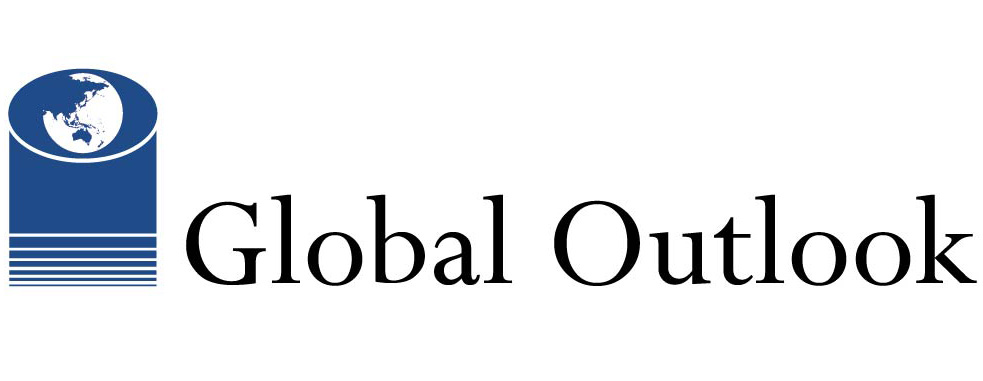
Curated expert opinion on intractable contemporary issues
Global Outlook: Peace and Security in Northeast Asia
Look to China
By Stein Tønnesson | 19 January, 2026
China stands out for its commitment to a global system of independent sovereign states and the non-intervention principle. China’s worldview is not so much based on individual rights as on the sovereign rights of nations.
To see the full list of Global Outlook articles, click here
North Korea Searches for a Path Out of International Isolation
By Chung-in Moon | 16 January, 2026
North Korea enters 2026 with domestic stability intact but facing a complex external environment. Inter-Korean relations remain frozen under Pyongyang’s ‘hostile two states’ policy, even as restraint reduces the risk of major escalation
Is China's "Great Power Status" a Plus or Minus?
By Daiju Wada | 24 December, 2025
It is a well-known fact that Japan, Taiwan, and Western nations are increasingly concerned about the rapid political, economic, and military rise of China—its attainment of ‘great power status’—which heightens security risks, particularly the prospect of a Taiwan contingency.
Japan Stumbles: The Taiwan Fiasco
By Masaru Tamamoto | 05 December, 2025
It was seemingly an unprepared remark and quite unnecessary. Prime Minister Sanae Takaichi said that Japan will defend Taiwan if Beijing tries to reunify China by force.
Why Is Support for Ishiba Administration Rising Despite Crushing Defeat in the July National Election?
By Daiju Wada | 26 August, 2025
What key factors are behind the increasing support for Shigeru Ishiba's administration in Japan after a crushing defeat in the July House of Councillors election?
A Rash Deal on Tariffs Could Hurt US-Korea Ties in the Long Run
By Chung-in Moon | 28 April, 2025
Ideally, the Korean negotiators will be modest in their ambitions and leave the lion’s share of the negotiations for the next administration to handle.
The views and opinions expressed in Global Outlook are those of the authors and do not necessarily reflect the official policy or position of Toda Peace Institute.
Look to China
By Stein Tønnesson | 19 January, 2026
China stands out for its commitment to a global system of independent sovereign states and the non-intervention principle. China’s worldview is not so much based on individual rights as on the sovereign rights of nations.
To see the full list of Global Outlook articles, click here
North Korea Searches for a Path Out of International Isolation
By Chung-in Moon | 16 January, 2026
North Korea enters 2026 with domestic stability intact but facing a complex external environment. Inter-Korean relations remain frozen under Pyongyang’s ‘hostile two states’ policy, even as restraint reduces the risk of major escalation
Is China's "Great Power Status" a Plus or Minus?
By Daiju Wada | 24 December, 2025
It is a well-known fact that Japan, Taiwan, and Western nations are increasingly concerned about the rapid political, economic, and military rise of China—its attainment of ‘great power status’—which heightens security risks, particularly the prospect of a Taiwan contingency.
Japan Stumbles: The Taiwan Fiasco
By Masaru Tamamoto | 05 December, 2025
It was seemingly an unprepared remark and quite unnecessary. Prime Minister Sanae Takaichi said that Japan will defend Taiwan if Beijing tries to reunify China by force.
Why Is Support for Ishiba Administration Rising Despite Crushing Defeat in the July National Election?
By Daiju Wada | 26 August, 2025
What key factors are behind the increasing support for Shigeru Ishiba's administration in Japan after a crushing defeat in the July House of Councillors election?
A Rash Deal on Tariffs Could Hurt US-Korea Ties in the Long Run
By Chung-in Moon | 28 April, 2025
Ideally, the Korean negotiators will be modest in their ambitions and leave the lion’s share of the negotiations for the next administration to handle.
The views and opinions expressed in Global Outlook are those of the authors and do not necessarily reflect the official policy or position of Toda Peace Institute.





